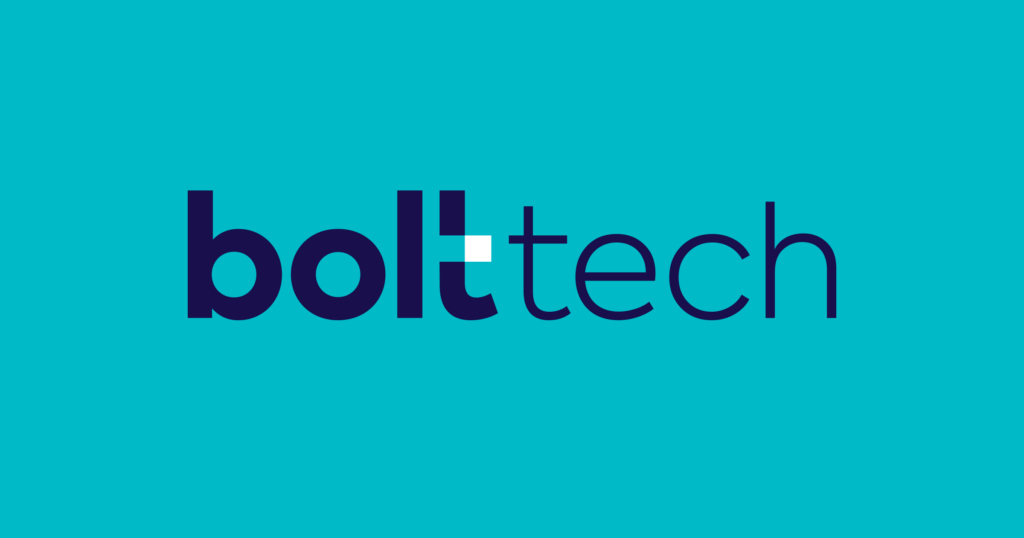COVID-19 and Commercial Coverage: What Insurers Need to Know

COVID-19 has disrupted businesses throughout the world. Even those businesses that remain open face difficulties with protecting workers and managing contagion. Those that have closed under government orders also face loss of income and the need to disinfect their premises, among other hurdles.
Disrupted businesses need help, and one of the first things they look at is their commercial insurance policies. Insurers thus play a key role in explaining policies, managing claims and mitigating risk during a pandemic.
What Types of Coverage Govern Pandemic Claims?
When it comes to COVID-19 coverage, everything depends on the policy. At the beginning of March, attorney David F. Klein at Pillsbury Law recommended that businesses review their coverage “before any disruption occurs.”
Some companies performed this review several weeks ago; others are doing it now in the face of COVID-19 disruption. Both are leaning on their insurers to address key types of business disruption.
Several different types of insurance may cover various pandemic-related claims, writes Klein. These include:
*** Coverage for** interruption of core business functions as well as supporting business functions. This would apply to slowdowns and work stoppages in addition to issues with supply chains. *** Coverage for** general liability as well as for specific liability from management. Situations here might include contamination of a commercial space and claims from those using the space that they weren’t protected by management. *** Coverage for** upcoming events and travel. *** Coverage for** workers’ compensation.
While customers may have questions pertaining to any of these types of coverage, not all of them may apply to a situation involving the novel coronavirus. For example, for some businesses, general liability coverage may not apply because the business did not trigger the start of the coronavirus pandemic, writes Phillip Naples, founder and CEO of commercial liability insurance provider Layr.
Optional Coverage and COVID-19
In addition to examining the language of standard coverage policies, insurers and their customers will need to weigh whether any additional endorsements, riders or supplemental coverage might apply to a COVID-19 claim.
For instance, “civil authority” coverage may apply if a business suffers losses due to a government entity issuing orders that limit or prevent the business from using its property in a typical fashion, say insurance attorneys Diana Shafter Gliedman and Nicholas R. Maxwell. So if a shelter in place order closes a business, that business may be able to turn to its civil authority coverage for assistance.
A policy may also contain endorsements or riders that expand the meaning of key terms like “occurrence.” One example is a policy that provides coverage for supply chain or contingent business interruption, says Jeffrey G. Muth, a partner at the law firm Miller Johnson.
Under a supply chain or contingent business interruption endorsement or rider, a business may be able to claim coverage for COVID-19 related losses even if that business itself has not experienced contagion.
Muth provides the example of a food service company that loses business when a hotel it supplies has to close due to the pandemic. While the hotel may be able to show an “occurrence” based on actual contagion, the food service company may not. If the food service company has supply chain or contingent business interruption coverage, however, it may be able to rely on such coverage to address losses from the hotel’s closing.
Case By Case Coverage
Whether a business can rely on optional coverage, however, depends on whether the business has purchased that coverage in the first place.
Because specific policy language varies, and because some types of coverage are only available by endorsement or rider, “there is no hard and fast rule as to whether any particular type of claim will be covered,” say Thomas H. Bentz Jr. and Joseph Guay, partners at the law firm Holland & Knight.
Reviewing a policy with their insurance company is the only way for businesses to know for certain whether and to what extent their COVID-19 related claims are covered, write Bentz and Guay. Customers will depend on their insurance companies to explain coverage, clarify certain terms and provide assistance where available.
Governments’ Response to Business’s Insurance Needs
The language of specific policy provisions affects COVID-19 related claims and coverage. As local, state and federal governments and agencies seek to address the pandemic, decisions made at these levels will also affect how policies apply, write Shawn Hanson and other legal professionals at the law firm Akin Gump.
One example is a New Jersey bill that would have required property insurers to cover COVID-19 related business interruption claims. The bill was introduced in mid-March but was pulled from consideration by the New Jersey General Assembly a short time later. The bill’s sponsor stated that he wanted to give insurance companies more time to decide whether or not to extend such coverage themselves, explain Lorelie S. Masters, Michael S. Levine and Kevin V. Small at the law firm Hunton Andrews Kurth.
Other states are already following suit. On March 24, 2020, Ohio’s legislature introduced a bill to require insurers to cover COVID-19 related losses.
Like the New Jersey bill, the Ohio bill would allow insurers to request reimbursement from the state’s Superintendent of Insurance for covered claims. Ohio’s bill also contains other limitations: It applies only to insured customers located in Ohio, with 100 or fewer eligible employees and which has business interruption coverage on the date the bill takes effect.
Neither the Ohio nor the New Jersey bills addressed an exclusion for losses due to virus or bacteria, which is a common feature in business insurance policies. The bills’ silence on this exclusion could cause trouble for insurers, note attorneys Anthony L. Miscioscia and Timothy A. Carroll at White and Williams.
“Thus, the bill would force insurers to pay for losses which, in the first place, do not constitute ‘direct physical loss or damage’ to covered property, and also appears to be intended to require payment despite the presence of a policy’s unambiguous Virus exclusion,” say Miscioscia and Carroll.
Currently, the New Jersey bill is no longer on the floor of the state’s Assembly. The Ohio bill, however, may still be passed by the state, and other states may enact their own versions of the same law.
What Can Insurers Expect?
“The number of people impacted and killed by the virus will continue to go up in an ever-increasing number of countries,” says Mitch Wein, senior vice president of research and consulting at Novarica in the Insurance Innovation Reporter. Insurance companies can expect business disruption, both for themselves and their customers, for many months to come.
Some insurance bodies are already providing tools for insurance companies to better address pandemic concerns. For instance, the Insurance Services Office recently released two optional endorsements for insurers to provide limited business interruption coverage in COVID-19 related situations, writes Christine G. Barlow in PropertyCasualty360.
Insurance companies aren’t only providers of business insurance. They are also businesses themselves. Consequently, insurers will need to consider their own business-related factors, such as how to support a largely remote workforce at a time when a significant number of insurance customers need one-on-one advice from insurance professionals.
Much remains unknown about the effects COVID-19 will have on business and society as a whole. Insurers can, however, make certain decisions based on policy language and available data models. By helping businesses understand and leverage the help available to them, insurers address risk and provide a stabilizing force within the economy.
*Images by: langstrup/©123RF.com, Aekkarak Thongjiew/©123RF.com, ammentorp/©123RF.com *
Further Reading
Featured
 18 June 2024
18 June 2024
 15 August 2024
15 August 2024
 1 July 2024
1 July 2024
